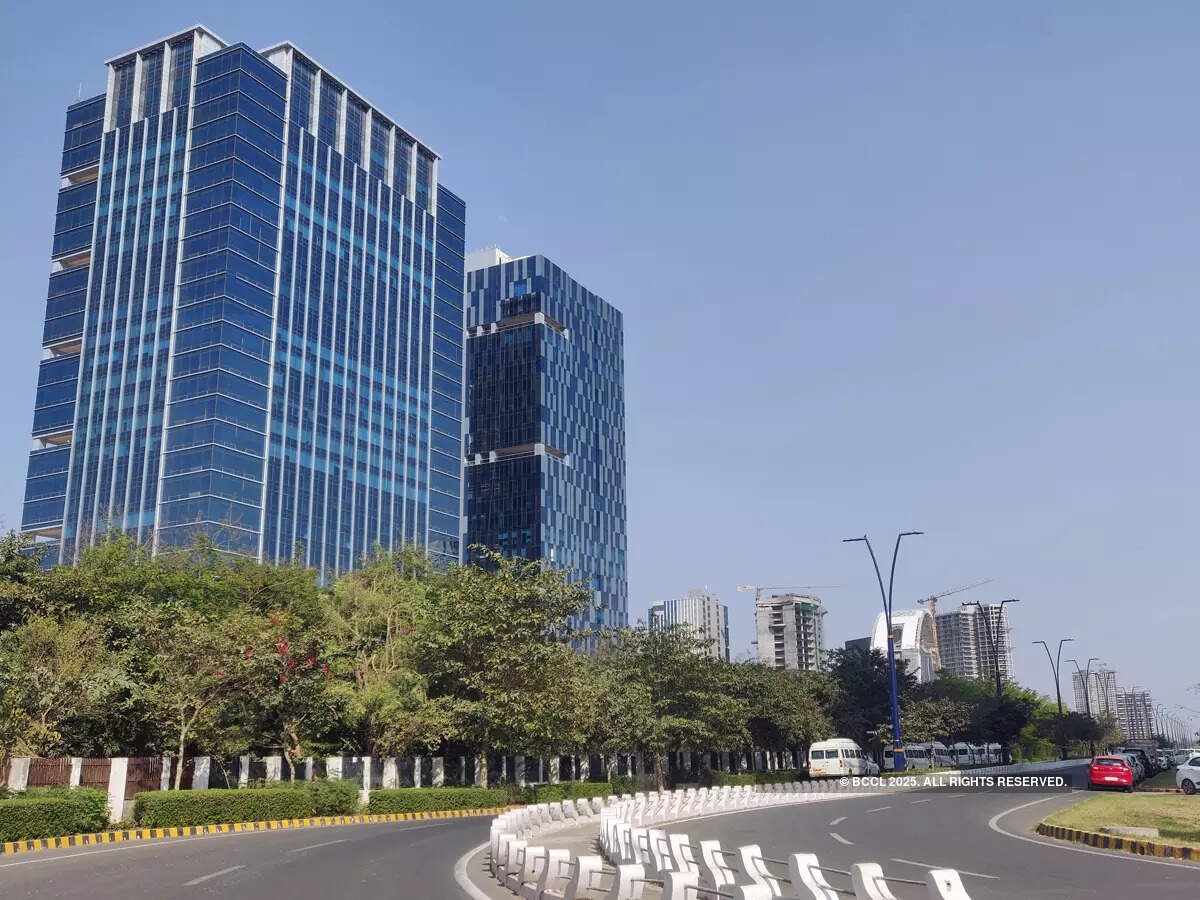Blog Content Overview
- 1 Treelife Resources
- 1.1 Explore our resources to fuel your success and propel your business forward.
- 1.2 Latest Posts
- 1.2.0.1 Private Limited vs. LLP vs. OPC – Which to Setup
- 1.2.0.2 AIF Taxation in India – Rates, Rules & Guide for Investors (2025)
- 1.2.0.3 Compliance Calendar – October 2025 (Checklist & Deadlines)
- 1.2.0.4 Revised Regulatory Framework for Angel Funds in India (2025)
- 1.2.0.5 Conversion of Partnership Firm to LLP – Complete Process
- 1.2.0.6 What is ONDC? Making E-Commerce Easy for Startups [2025]
- 1.2.0.7 Contracts of Indemnity in India- Meaning, Key Elements, Guarentee
- 1.2.0.8 Conversion of LLP to Private Limited Company in India [2025]
- 1.3 Thought Leadership
- 1.3.0.1 The Reverse Flip Playbook – For Indian Founders
- 1.3.0.2 Angel Tax Exemption – Eligibility, Declaration, How to Apply
- 1.3.0.3 ESG Compliance in India – BRSR, SEBI Regulations & What Founders Need to Know
- 1.3.0.4 ESOP Taxation in India – A Complete Guide for Founders (2026)
- 1.3.0.5 Mergers and Acquisitions for Startups & Founders in India (2026)
- 1.3.0.6 Six Sense Mobility has raised USD 4.8 Mn with participation from existing investor Piper Serica.
- 1.3.0.7 3i Partners invests in Cellarim Labs’ INR 6 crore Seed round alongside Venture Catalysts with Treelife’s transaction support
- 1.3.0.8 Piper Serica Angel Fund invests ~₹10 crore in Sensesemi Technologies Private Limited in a Treelife-advised transaction
- 1.3.0.9 Circle raises INR 3.4 crore in Pre-Seed round led by Titan Capital, with participation from Raveen Sastry, with Treelife’s transaction support
- 1.3.0.10 CodeKarma raises $2.5M Pre-Series A in Treelife-advised round led by Prosus Ventures, Accel, and Xeed Ventures
- 1.3.0.11 Angel Tax Exemption – Eligibility, Declaration, How to Apply
- 1.3.0.12 Mergers and Acquisitions for Startups & Founders in India (2026)
- 1.3.0.13 The Founder’s Calculus: Engineering M&A Outcomes Through Structural Preparation
- 1.3.0.14 Mandatory Demat of Securities: A New Compliance Era for Startups
- 1.3.0.15 Setting Up a Wholly Owned Subsidiary in India – Incorporation Guide
- 1.3.0.16 IFSCA tightening scrutiny on GIFT City AIFs – Money Control Exclusive adds Jitesh Agarwal’s note
- 1.3.0.17 Lenskart built its empire on franchisees. Now it’s battling them in courts
- 1.3.0.18 Treelife featured and authored a chapter in a report, “Funds in GIFT City- Scaling New Heights” by Eleveight
- 1.3.0.19 Blinkit 2.0: Can Zomato’s Juggernaut Fight Off Quick Commerce Rivals?
- 1.3.0.20 Startup India’s Post – Mapping India’s Spacetech Industry & Regulatory Landscape,
- 1.3.0.21 Revised Regulatory Framework for Angel Funds in India (2025)
- 1.3.0.22 SEBI Revamps Angel Fund Framework to Boost Startup Funding
- 1.3.0.23 SEBI Mandates New Certification Norms for AIF Managers
- 1.3.0.24 IFSCA Approves “Platform Play” for Fund Management Entities at GIFT IFSC
- 1.3.0.25 CBDT Notifies TDS Exemption for Payments to IFSC Units (Effective from July 1, 2025)
- 1.4 We Are Problem Solvers. And Take Accountability.
Latest Posts


October 6, 2025 | Finance
AIF Taxation in India – Rates, Rules & Guide for Investors (2025)
Read More





September 18, 2025 | Legal
Contracts of Indemnity in India- Meaning, Key Elements, Guarentee
Read More

September 18, 2025 | Compliance
Conversion of LLP to Private Limited Company in India [2025]
Read More
Thought Leadership

The Reverse Flip Playbook – For Indian Founders
DOWNLOAD PDF The landscape for Indian startups has fundamentally shifted. A growing number of founders are making a deliberate choice to re-domicile their businesses from offshore jurisdictions like Delaware, Singapore, or Mauritius back to India. This strategic move, known as a “reverse flip” or re-domiciliation, is no longer niche its…

Angel Tax Exemption – Eligibility, Declaration, How to Apply
What is Angel Tax? The angel tax, introduced by Section 56(2)(viib) of the Income Tax Act, 1961, applies to unlisted companies (startups whose shares are not publicly traded) that receive funding exceeding the Fair Market Value (FMV) determined by the government. This excess investment is considered “income from other sources”…

ESG Compliance in India – BRSR, SEBI Regulations & What Founders Need to Know
Introduction ESG used to be something listed enterprises stuck into their annual reports. In 2026, that’s no longer true. ESG compliance in India is now relevant across the board for large listed companies navigating SEBI’s BRSR Core requirements, for growth-stage startups managing their first institutional round, and for foreign companies…

ESOP Taxation in India – A Complete Guide for Founders (2026)
Introduction to ESOP Taxation in India for Founders Employee Stock Option Plans (ESOPs) have become an essential tool for businesses, especially startups and growth-stage companies, to attract, retain, and motivate talent. Understanding the taxation of ESOPs in India is crucial for both employees and employers to ensure compliance with tax…

Mergers and Acquisitions for Startups & Founders in India (2026)
What You Actually Need to Know Before Selling, Merging or Taking Strategic Capital Four Things Every Founder Must Know Right Now 1. Budget 2026 fixed buyback taxation. Minority shareholders (holding < 10%) now pay capital gains on buyback proceeds 12.5% if long-term instead of punishing slab rates of up to…





Angel Tax Exemption – Eligibility, Declaration, How to Apply
What is Angel Tax? The angel tax, introduced by Section 56(2)(viib) of the Income Tax Act, 1961, applies to unlisted companies (startups whose shares are not publicly traded) that receive funding exceeding the Fair Market Value (FMV) determined by the government. This excess investment is considered “income from other sources”…

Mergers and Acquisitions for Startups & Founders in India (2026)
What You Actually Need to Know Before Selling, Merging or Taking Strategic Capital Four Things Every Founder Must Know Right Now 1. Budget 2026 fixed buyback taxation. Minority shareholders (holding < 10%) now pay capital gains on buyback proceeds 12.5% if long-term instead of punishing slab rates of up to…

The Founder’s Calculus: Engineering M&A Outcomes Through Structural Preparation
M&A outcome is determined long before process launch. The difference between acceptable and exceptional exits lies not in negotiation tactics or advisor selection, but in the accumulation of dozens of structural decisions made 18–36 months before a founder enters the market. This report examines how growth-stage Indian founders (₹50–500 crore…

Mandatory Demat of Securities: A New Compliance Era for Startups
The regulatory landscape for private limited and public unlisted companies in India has undergone a seismic shift with the introduction of mandatory dematerialization. This transition, spearheaded by the Ministry of Corporate Affairs (MCA), aims to modernize the corporate framework by eliminating physical share certificates in favor of a secure, transparent,…

Setting Up a Wholly Owned Subsidiary in India – Incorporation Guide
Introduction: Set Up a WOS in India Setting up a wholly owned subsidiary in India has emerged as the most preferred market-entry strategy for foreign companies seeking long-term presence, operational control, and regulatory flexibility. A wholly owned subsidiary (WOS) is an Indian company in which 100% of the share capital…


Revised Regulatory Framework for Angel Funds in India (2025)
The Securities and Exchange Board of India (SEBI) recently announced a major overhaul to the regulatory framework for Angel Funds under the Alternative Investment Funds (AIF) Regulations, 2012. This new framework, introduced in 2025, aims to enhance transparency, improve operational clarity, and encourage investor participation. In this article, we’ll explore…

SEBI Revamps Angel Fund Framework to Boost Startup Funding
In a significant move to invigorate India’s startup ecosystem, the Securities and Exchange Board of India (SEBI), during its board meeting on June 19, 2025, approved substantial changes to the Angel Fund Framework. These revisions are designed to unlock more capital for early-stage companies while simultaneously ensuring enhanced investor suitability…

SEBI Mandates New Certification Norms for AIF Managers
The Securities and Exchange Board of India (SEBI) has officially unveiled revised certification requirements for key investment personnel of Alternative Investment Fund (AIF) managers. This crucial update, detailed in SEBI circular F. No. SEBI/LAD-NRO/GN/2025/249 dated June 25, 2025, aims to enhance professional standards and ensure a higher level of expertise…

IFSCA Approves “Platform Play” for Fund Management Entities at GIFT IFSC
In a significant stride towards enhancing the appeal and accessibility of India’s International Financial Services Centre (IFSC) at GIFT City, the International Financial Services Centres Authority (IFSCA) has approved a groundbreaking “Platform Play” model for Fund Management Entities (FMEs). This pivotal decision was made during the 24th IFSCA Authority Meeting…

CBDT Notifies TDS Exemption for Payments to IFSC Units (Effective from July 1, 2025)
In a significant move set to bolster the International Financial Services Centre (IFSC) ecosystem, the Central Board of Direct Taxes (CBDT) has issued Notification No. 67/2025 on June 20, 2025. This notification, effective from July 1, 2025, exempts certain payments made by mainland entities to eligible units in GIFT City…











